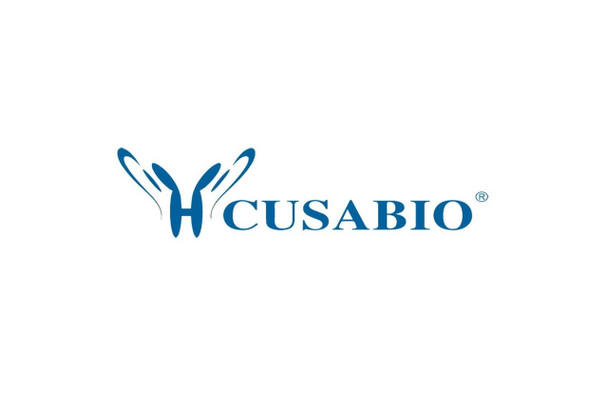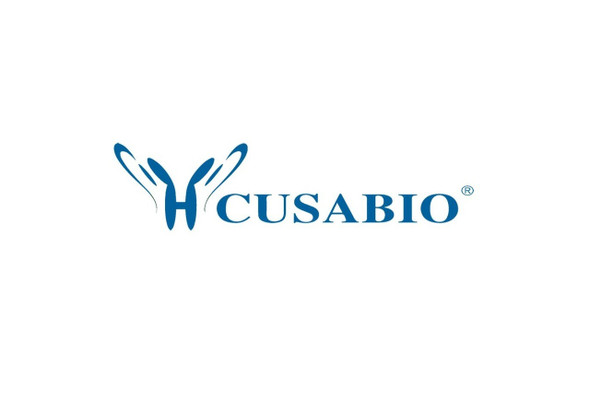Cusabio Polyclonal Antibodies
GUCY1B3 Antibody | CSB-PA214476
- SKU:
- CSB-PA214476
- Availability:
- 3 to 7 Working Days
- Size:
- 100ul
Description
GUCY1B3 Antibody | CSB-PA214476 | Cusabio
GUCY1B3 Antibody is Available at Gentaur Genprice with the fastest delivery.
Online Order Payment is possible or send quotation to info@gentaur.com.
Product Type: Polyclonal Antibody
Target Names: GUCY1B1
Aliases: 4.6.1.2; GC-S-beta-1; GC-SB3; GUC1B3; GUCB3
Background: This gene encodes the beta subunit of the soluble guanylate cyclase (sGC), which catalyzes the conversion of GTP (guanosine triphosphate) to cGMP (cyclic guanosine monophosphate) . The encoded protein contains an HNOX domain, which serves as a receptor for ligands such as nitric oxide, oxygen and nitrovasodilator drugs. Alternative splicing results in multiple transcript variants.
A. Shimouchi, Am J Physiol Lung Cell Mol Physiol, Nov 1993; 265: 456.
Peter Sinnaeve, Circ. Res., Jan 2001; 88: 103.
Stephan Thelitz, J. Thorac. Cardiovasc. Surg., May 2004; 127: 1285 - 1292.
Richard C. Venema, Am J Physiol Heart Circ Physiol, Jul 2003; 2
Isotype: IgG
Conjugate: Non-conjugated
Clonality: Polyclonal
Uniport ID: Q02153
Host Species: Rabbit
Species Reactivity: Human, Mouse, Rat
Immunogen: Synthesized peptide derived from human Guanylate Cyclase β.
Immunogen Species: Human
Applications: ELISA, WB, IHC, IF
Tested Applications: ELISA, WB, IHC, IF;WB:1:500-1:3000, IHC:1:50-1:200, IF:1:100-1:200
Purification Method: The antibody was affinity-purified from rabbit antiserum by affinity-chromatography using epitope-specific immunogen.
Dilution Ratio1: ELISA:1:2000-1:10000
Dilution Ratio2: WB:1:500-1:3000
Dilution Ratio3: IHC:1:50-1:200
Dilution Ratio4: IF:1:100-1:200
Dilution Ratio5:
Dilution Ratio6:
Buffer: Rabbit IgG in phosphate buffered saline (without Mg2+ and Ca2+), pH 7.4, 150mM NaCl, 0.02% sodium azide and 50% glycerol.
Form: liquid
Storage: Upon receipt, store at -20°C or -80°C. Avoid repeated freeze.
Initial Research Areas: Signal Transduction
Research Areas: Signal transduction






